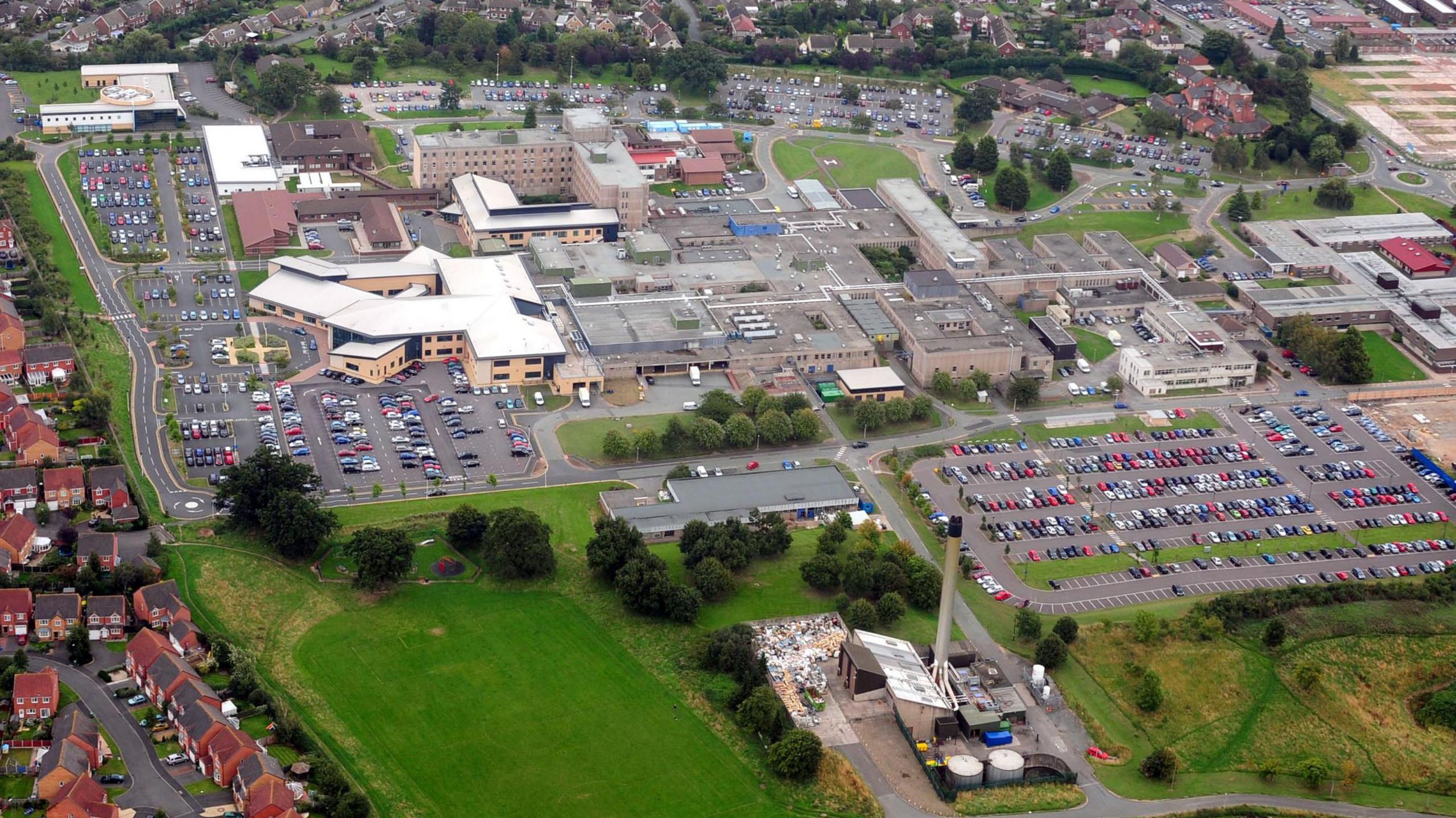NHS trust improving after baby deaths - report
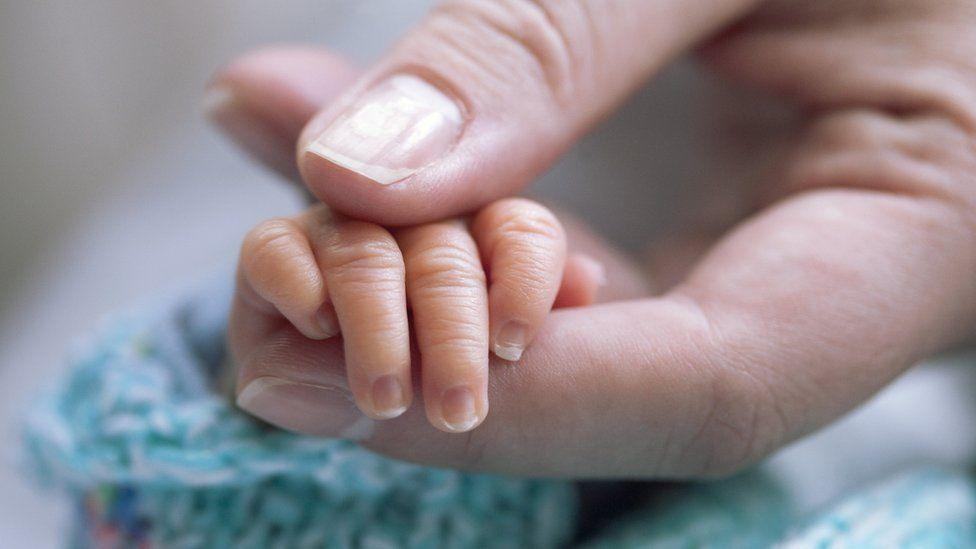
The report said the trust is required to bring services into line with 22 legal requirements
- Published
An NHS trust where maternity failings may have led to the deaths of more than 200 babies is improving, inspectors say.
Two hospitals within Shrewsbury and Telford NHS Trust (SaTH), were visited by the the Care Quality Commission (CQC), which concluded its overall rating of inadequate had risen to requires improvement.
Maternity services in Shrewsbury received an improved overall rating of good - but several areas still require action, including improvement of urgent and emergency care.
The trust said it had identified the good progress happening, but also that it needed to continue to focus on improvements and is committed to listening to patient feedback.
Inspectors made unannounced visits to the trust’s main service locations at the Princess Royal Hospital in Telford and the Royal Shrewsbury Hospital in Shrewsbury, last October.
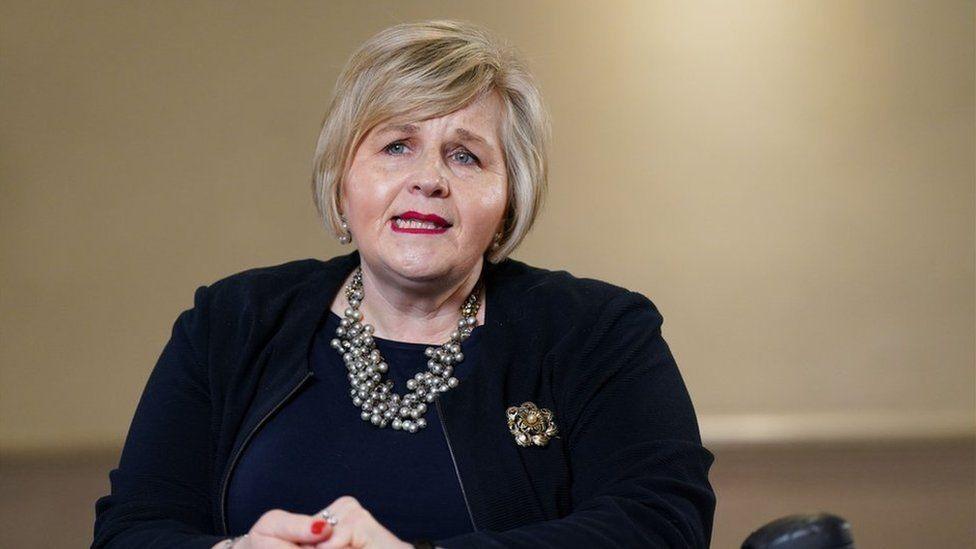
Senior midwife Donna Ockenden delivered a report in 2022 highlighting "catastrophic failures" in maternity care at the NHS trust
The trust is required to bring services into line with 22 legal requirements, the CQC concluded.
Its verdict comes two years after a report by senior midwife Donna Ockenden, highlighted catastrophic failures over 20 years that may have led to the baby deaths, along with the deaths of nine mothers, while other infants suffered life-changing injuries.
Inspectors focused on areas where concerned had been previously identified, which included:
Royal Shrewsbury Hospital
End of Life Care
Medical Care (including older people’s services)
Urgent and emergency services
Princess Royal Hospital
Children and young people
End of Life Care
Maternity
Medical Care (including older people’s services)
Urgent and emergency services
Key findings
Further inspections were carried out by NHS England and Improvement (NHSE) in November, and a financial governance review was also carried out.
Six areas were rated trust-wide:
Safe - requires improvement
Effective - requires improvement
Caring - good
Responsive - requires improvement
Well-led - requires improvement
Combined quality and resource - requires improvement
Inspectors said the service made an improvement in keeping case records and managing medicines well.
However, the report highlighted that some staff did not "treat patients with compassion and kindness" or "respect their privacy and dignity".
It also noted the service did "not always control infection risk well" and not all staff understood how to "protect patients from abuse".
Among them are ensuring staff complete legally required training, making sure there is clear oversight of all patients in waiting areas and ensuring medicines are stored safely.
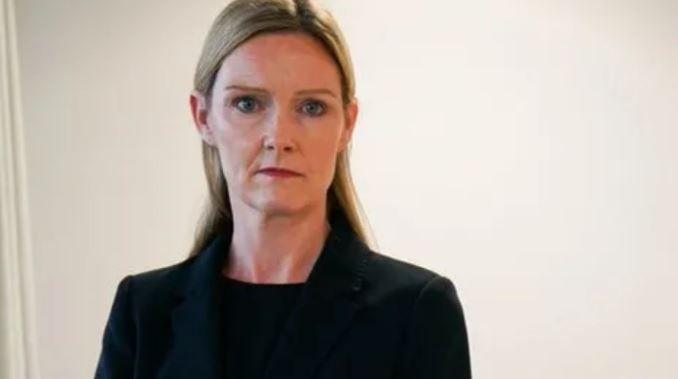
Trust chief executive Louise Barnett said the CQC had highlighted that progress was being made, "but we need to focus on improvements"
Ms Ockenden published a report in March 2020 into maternity practices at the Trust over 20 years. It found babies' deaths were often not investigated and grieving parents were not listened to.
She said “some progress” has been made in tackling maternity care in England but “nowhere near enough”.
Speaking to Radio Shropshire about the trust's latest rating, she said: "I'm pleased to hear this from the CQC.
"I haven't had any contact with the trust so I can't shed any further light but I am genuinely pleased if that is what the CQC have found".
She added that the trust has recently invited her to visit Royal Shrewsbury Hospital later on this year.
Louise Barnett, trust chief executive, said: "The report identifies the good progress happening, but also that we need to continue our focus on improvement.
"It reinforces the work still to do and we will build on our progress and incorporate the learning into our approach. We will continue to build a Trust that everyone is proud to work for."
Related internet links
- Published30 March 2022
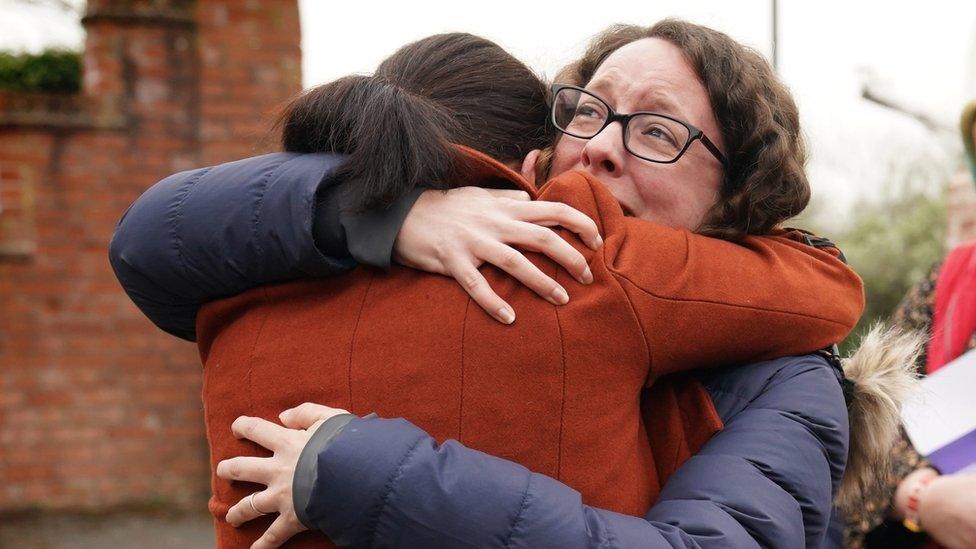
- Published17 January 2024
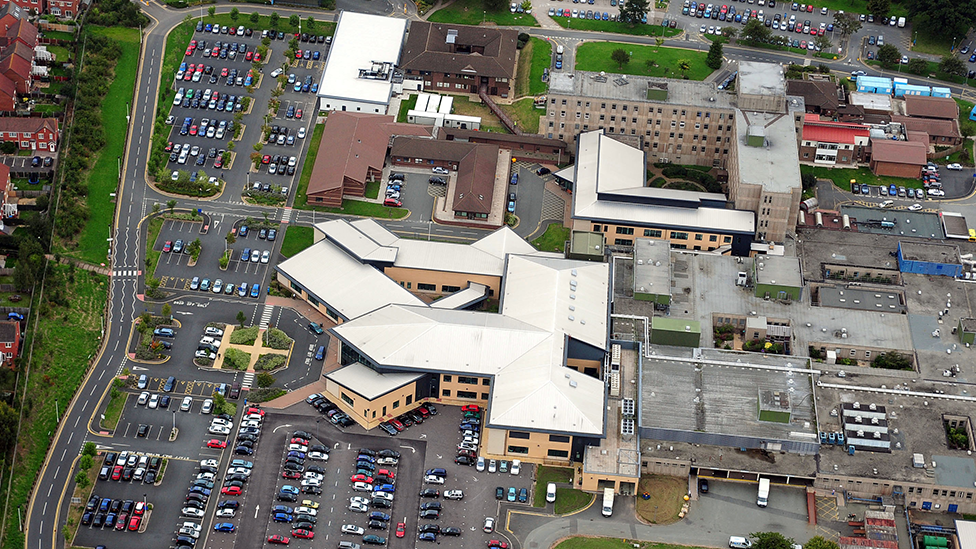
- Published2 February 2024
